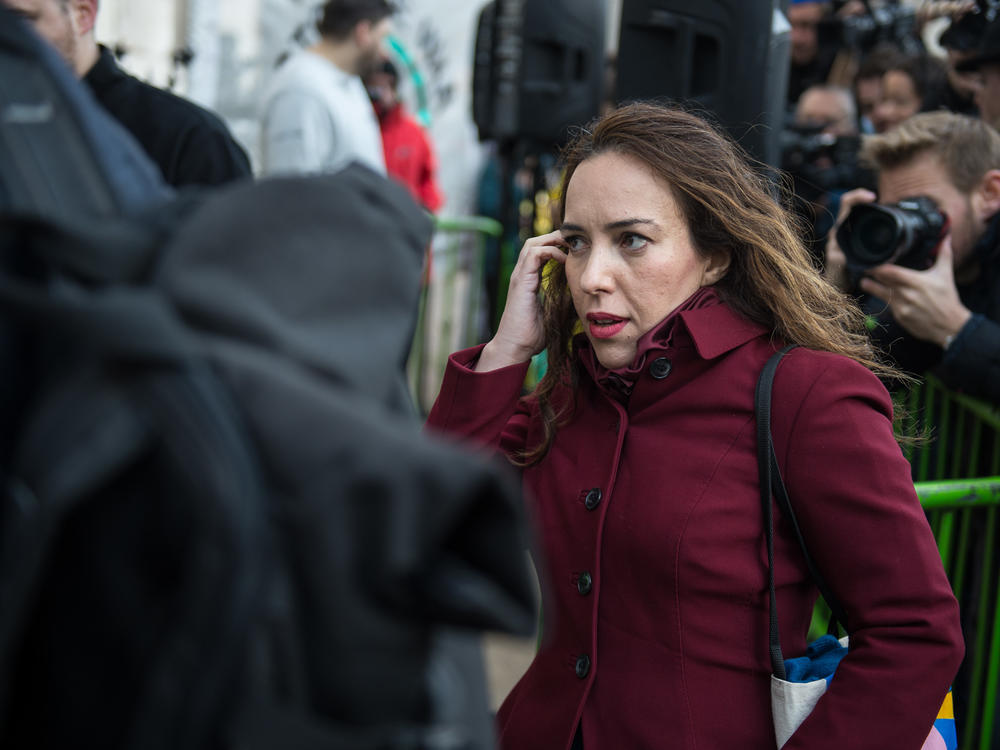Section Branding
Header Content
Julian Assange wins permission to marry his partner in a London prison
Primary Content
WikiLeaks founder Julian Assange has been given permission to marry his partner, attorney Stella Moris, in a ceremony to be held at London's high-security Belmarsh prison, where he's been incarcerated since 2019.
Moris, who had taken legal action against the prison governor and Britain's justice secretary, claiming they were preventing the wedding, tweeted that she was "relieved but still angry that legal action was necessary to put a stop to the illegal interference with our basic right to marry."
Belmarsh authorities reportedly told reporters that Assange's marriage application was "considered in the usual way by the prison governor."
There was no immediate information on when the ceremony would be held.
The couple got engaged in 2017, according to media reports. Assange, an Australian national, was previously married but reportedly got divorced in 1999.
Moris and Assange, who have two sons together, began a relationship after Assange took refuge in the Ecuadorian Embassy in London, where he was granted political asylum in 2012 after evading a Swedish warrant for his arrest and extradition over allegations of sexual assault.
Swedish officials later dropped their rape investigation, but Ecuador ultimately revoked Assange's asylum status and British authorities arrested him in 2019 for breaching bail. Assange has remained in prison as he fights efforts to extradite him to the U.S., where he faces espionage charges stemming from his procurement and leaking of classified documents related to the wars in Iraq and Afghanistan.
In January, a U.K. court refused the U.S. extradition request, citing Assange's precarious mental state. District Judge Vanessa Baraitser said Assange was likely to kill himself if subjected to the harsh conditions of a U.S. prison. At the same time, the judge rejected defense arguments that the charges against Assange were politically motivated.
Last month, the U.S. argued before the High Court of England and Wales for Baraitser's decision to be overturned. A decision has yet to be announced.
Copyright 2021 NPR. To see more, visit https://www.npr.org.

